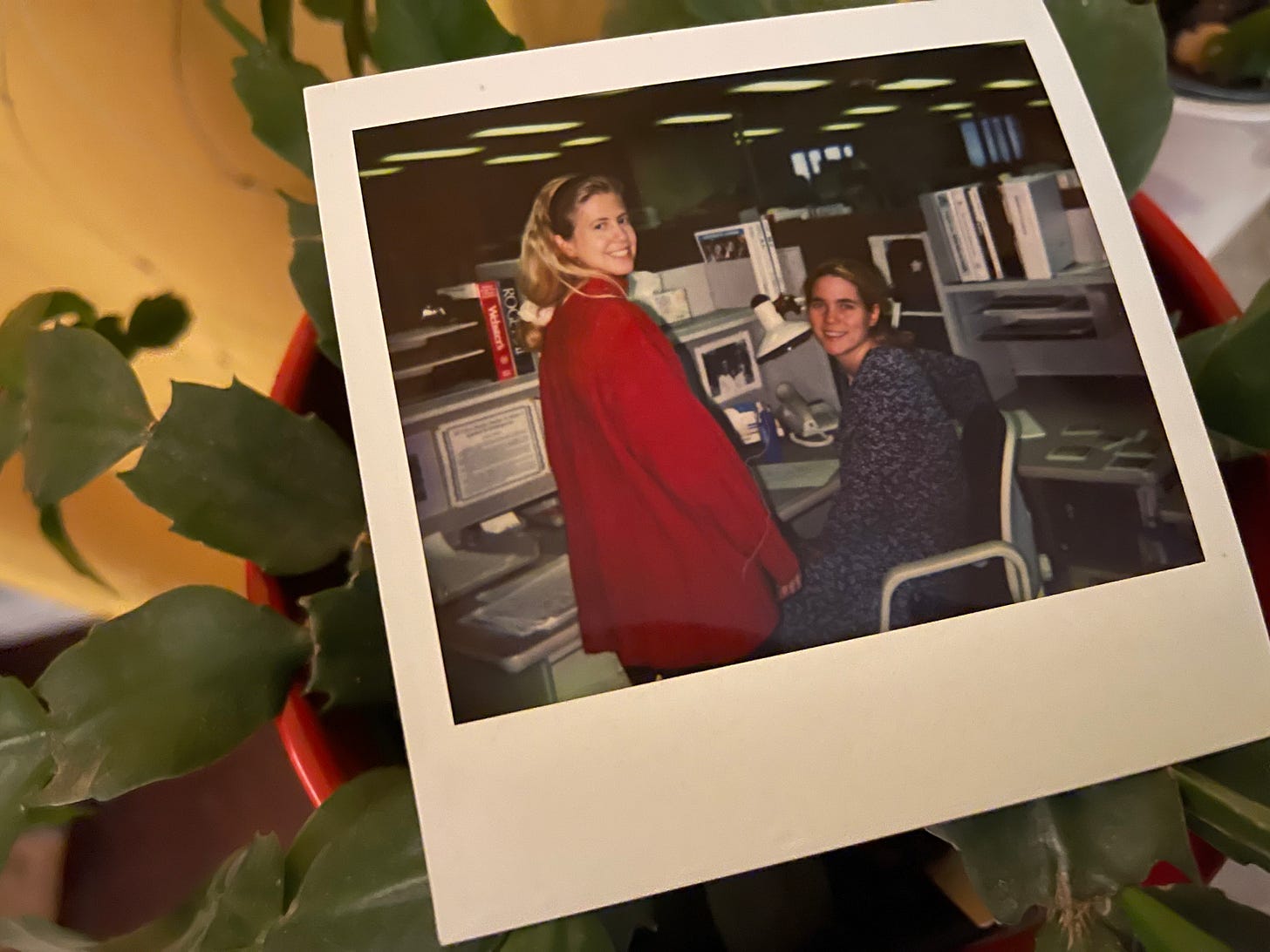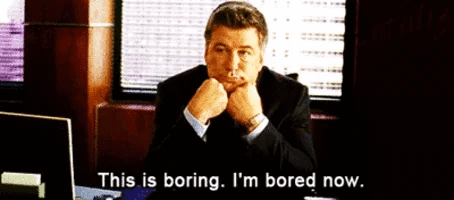Listen as you read (I listened as I wrote):
Let's dig up our graves
Talk to our old selves a while
Tell me, what makes you hopeful
Tell me, what makes you hurt
I think you’re brave even though you're afraid
'Cause you're sick of the denial
You get so dang hard on you, it's time to feel okay
Today could be a different kind of day
Hi, it’s me.
When our son Thomas was around 11 years old, one of the shows we all watched together was Arrow on The CW Network.1 After a while, though, he lost interest (as we sometimes do). One evening at the dinner table, Bryan and I asked him about it. Why don’t you want to watch Arrow anymore? Thomas stood on his chair, pulled off his shirt (because Oliver Queen was often shirtless), and with excellent physical comedy that alternated between punching the air and hunching over with hands over his sad face, he acted out the typical Arrow plot:
FIGHT! FIGHT! FIGHT!
Sad backstory…
FIGHT! FIGHT! FIGHT!
Sad backstory…
The end.
Then he sat down again and continued eating.
It was fabulous dinner entertainment! Ever since then, someone in our family shouts, “SAD BACKSTORY!” whenever we see one unfolding on screen.
What I’m saying is, here is my sad backstory. Welcome to the inside joke!
I’ve been writing about how a midlife ADHD diagnosis helped me move on from decades of feeling like a career failure. Don’t sweat it if you missed the previous two installments—you’ll still track with this one. But if you did want to catch up on last week’s story, you can find it HERE and the series introduction HERE.
In the nine months since November 2023 when I was diagnosed with Inattentive ADHD (ADD, basically), I’ve done a lot of reflecting on how my undiagnosed neurodiversity showed up throughout my career.
One story that stands out is from the first real job I had—as a receptionist—after dropping out of college.2 One of my duties was to inventory the office supplies and order new stuff as needed. You know, like copy paper, pens, staples, and other stuff you definitely didn’t steal for home use. Then I had to reconcile the invoice with the shipping receipt to make sure everything lined up. On one occasion, I remember chasing a discrepancy down a rabbit hole, tracking an error back several invoices by doing a deep dive inventory–complete with notes, highlights, and items crossed off–until finally, I found the error.
What a rush! I felt a tremendous amount of accomplishment and satisfaction from that experience. I presented the discrepancy to the Accounting Manager who took it to the Controller who offered me a promotion into the accounts receivable department.
Woo hoo! A promotion! Suddenly, at age 21 and with no college degree, I had my own desk in my own cubicle, a raise, and real responsibilities! I was thrilled that I no longer had to ask somebody in Human Resources to cover the phones while I went to the bathroom!
I don’t remember how long this job lasted, only that I was so bored. All I did was receive vendor payments, match them to vendor invoices, type numbers into a computer, and print reports for people in suits.
Day in.
Day out.
I was so bored.
Did I mention I was bored?
That was my first real job out of college, and I thought I’d failed at it.
If only I’d known then what I know now: that my employer and I saw my Office Supply Super Sleuthing differently. They assumed I was detail oriented and rewarded me with a detail-oriented job. What was likely happening, is that I was hyper-focused on a problem that was giving my brain a giant dopamine hit, and the new, boring and repetitive, routine job made me feel like I was dying.
For years I struggled to settle into “a career.” I got bored easily and lost track of all the mundane and boring details of my work before moving on to something else that kept me engaged, each job feeling disconnected from the previous.
Over the summer I watched all seven seasons of The Mentalist, a network TV show that premiered in 2008 (now on Hulu). You may recall from earlier newsletters that I was experiencing a lot of anxiety in May and June and even had my first ever panic attack. The Mentalist comforted me during that time. The procedural predictability was soothing and the vibe was calming, as if actor Simon Baker was actually hypnotizing me.
In the show, Baker’s character, Patrick Jane, is a consultant with the fictional CBI: California Bureau of Investigations. It’s mentioned, like, ten times a show that he’s a consultant, not an agent. Jane never does paperwork or files a report, and whenever the team starts doing computer stuff, he literally says, “This looks boring. I’m going for a walk,” which usually means he’s off to catch a killer.
As I immersed myself in Jane’s world while also working through anxiety, perimenopause hormone fluctuations, and ADHD medication side effects, it slowly dawned on me that I wanted to be Patrick Jane. That maybe I was Patrick Jane! Not Patrick Jane, the mentalist, but Patrick Jane, the consultant!
Without even realizing that I was ADHD, I had managed to work my way into a career that suited my neurodivergent brain. As Jen Zug, the consultant, I eventually found my way into roles that allowed me to work on projects with a clear beginning, middle, and end—always solving a new problem, working with a new client, and moving on to the next thing before I got bored.
👎 Before my diagnosis, I thought my career-hopping was flaky and undisciplined.
👍 AFTER my diagnosis and some research, I realized that my ability to hyper-focus on problem solving—sometimes multiple problems at the same time!—was my superpower! My ability to drop into a hot mess of a situation and quickly make sense of it is BECAUSE I’m neurodivergent.
A proper diagnosis helped me reframe the story that I told about myself. ❤
I keep coming back to what
said (mentioned in my kick-off post):How I make my way through the world may not look structured, but my heart is disciplined and aligned to what nourishes it.
The Menopause Effect
This is probably a good time to mention that, while I can clearly track my ADHD symptoms all the way back to childhood, it was last year (2023) that my symptoms felt debilitating. Last year is when I entered perimenopause, experiencing irregular periods and the associated hormone fluctuations.
ADDitude Magazine has this to say about perimenopause and ADHD:
We know that when estrogen levels decrease, cognition suffers. Women struggle with memory, word retrieval, and other cognitive activities. In fact, for some, the change in cognitive function is so drastic that some think they are developing dementia or Alzheimer’s. Lower levels of estrogen may cause mood disorders.3
I mention the Menopause Factor because if you’re a middled-aged female and have been identifying with some my experience recently but not necessarily throughout your life, it may not be ADHD. It’s possible estrogen levels could have something to do with it (but I’m not a medical professional!).
At some point I plan to share more thoughts on my (peri)menopause experience and how it relates to *gestures at any number of new and weird symptoms*—stay tuned.
Thank you so much for reading—you get five gold stars for making it to the end!
⭐️ ⭐️ ⭐️ ⭐️ ⭐️
Until next time,
Jen
Next week on Pretend You’re Good At It:
⭐️ September 25: Ask Me Anything About My ADHD Experience. Next week I’ll share the specifics of the symptoms that led to getting evaluated, my medication journey, and whatever else you want to know about.
Have a question? Ask me anything!
I’m hoping for a community forum vibe where ya’ll can learn from and respond to one another’s questions and share your own insights about ADHD symptoms, diagnoses, and medication journeys.
Feel free to leave your question or comment below, but if you’d prefer to ask your question anonymously, I’ve included a Google form link.
If you know someone interested in having an ADHD conversation, please help them find me.
You can forward this email, “restack” to the Notes app, or share the online link. Here are some sharing prompts to get you started:
“I thought of you when I read this. I think you’ll relate to Jen’s story about…”
“Excited for Jen’s current series on ADHD and Imposter Syndrome! Did you know…”
“I really connected with Jen’s story here, especially the part about…”
Subscribe to get the whole series delivered to your inbox:
A description of Arrow from Netflix: “Based on DC Comics' Green Arrow, an affluent playboy becomes a vengeful superhero, saving the city from villains armed with just a bow and arrows.”
Dropping out of college turned out to also be related to undiagnosed ADHD and depression!







“I hope you’re not too bored with this series yet ;)” - I was a little bit, but mostly I worried other people were tired of it?! But the comments today have been lovely. i’m encouraged. ☺️
“I had a lightbulb moment reading about attention to detail and hyper focused problem solving. I don’t know why I didn’t realize sooner that this is why sometimes all of the details matter and sometimes it’s just…. Boring!” - YES!!! I was like, WHY do I sometimes spend hours reconciling my bank register to the penny AND LOVE IT and other times I can’t track with my grocery list?! 😂
Thank you so much for following along!
I too do my best work in a raging dumpster fire! 😅 Thanks again so much for sharing your journey. I have hesitated a long time to talk to my primary care provider about all this (even though she's cool and would in no way dismiss me or call me bonkers) and reading about your experiences has helped given me the courage to talk to her about this. Now to remember to actually send her a message 🤣